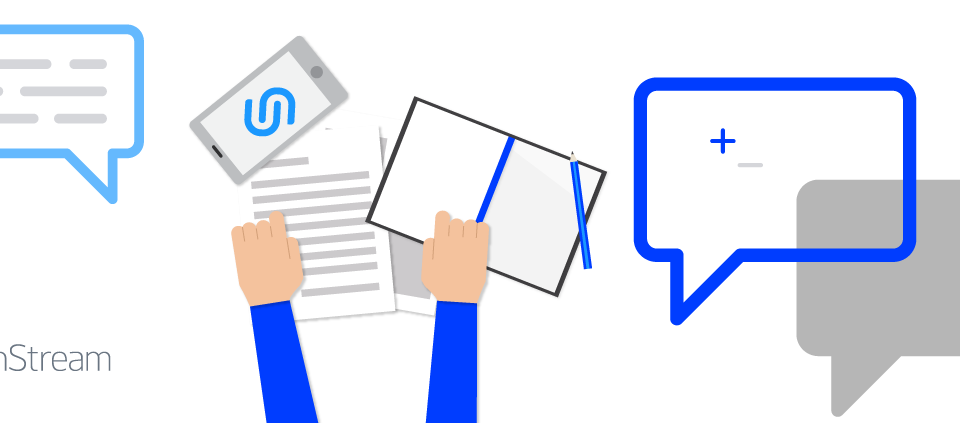Nowadays the sales process is no longer just a simple commercial transaction. As in many other areas, customer take into consideration whole experience. Customer support have to represent a certain level, combining competence and expertise with courtesy and responding to the individual needs of the consumer. Sales can not be reduced to a single contact, but it is about building a relations with the customer. Devoted customers represent power of company development, so on their maintenance depends the company position on a market.
To make the process of building relations run smoothly you can not forget to get to know exact customer preferences, which he often communicate among the way. Through the use of the CRM system, you can also get information from other sources (through integration with social media platforms), as well as easy access to the entire history of previous transactions. But what to do when a customer is not satisfied with the level of service? How you should respond to customer complaints?
It is obvious that is not always possible to achieve success and have completely satisfied consumer. Therefore you should be prepared for different situations. The customer can share his negative opinion, make a complaint or return product – it does not mean that this customer is no longer valuable for the company. It means exactly the opposite- this event can draw conclusions that will help with strategy development. Furthermore, the complaint may be associated with mistakes in the handling process, often resulting from inadequate training of staff employees.
How to attend a complaint?
In many organizations, negative opinions and complaints still tend to be mistakenly perceived as a threat. It comes from an incorrect interpretation of customer behavior. Old habits of attending dissatisfied customers are also not helping. It is important to draw attention to the cause of the complaint in any case, even if it is incompatible with reality. You also have to remember that most of the complaint is non-personal – does not apply to the person in whose hands is folded. Of course it can be done in the case of complaints about the level of provided service. That is why it is necessary to create a special department which will collect negative feedback from customers. Especially when their behavior is excessively emotional going through that process may disorganize the work of other departments of the company.
A suitable method for dealing with complaints is mostly just carefully listening to customers. They should be able to fully articulate their feedback. You should focus on the client’s full attention, so that they feel treated individually. It is necessary to establish all the facts. During the conversation it is important to use (from the company side) nice language – it is good to use phrases that have a positive connotation and indicate a desire to solve the problem.
Complaints may relate to a product, but also to the service, although the first type of complaint occurs more frequently. Poor quality of the product, delivery of a different assortment as it ordered (or in any other amount) or defective of products are the main reasons for reported complaints. What is interesting many enterprises as a cause of complaint blames the customer. In that case these companies have to reconsider the issue of information. The product can indeed be badly used by the consumer as a result of his failure judgment. However, often happens that the consumer is not sufficiently informed about the appropriate use of the equipment and the conditions of making a complaint. In this case contract should be explained in detail and that should lead to compromise. Of course, even such seemingly “unfounded” complaints can be used – for example to improve the description of the use of the product.
Are complaints a threat?

Customer complaints should be appreciated. Very often they provide a valuable feedback. To make the client think of getting into that process it is necessary to ensure convenient conditions. So how you should be prepared to receive complaints?
- create clear and efficient procedure for this process;
- inform a customer about where and how he can make a complaint;
- have a properly trained, kind, attentive staff in the special department responsible for complaints;
- provide a comprehensive consideration of each complaint, so that the client does not feel ignored;
- always react, even when the problems might seem trivial and never refuse to accept the complaint;
The fact that consumers will have easier access to express their opinion results in having more complex picture of the company functioning, that also includes comprehensive picture of work of the different departments. In addition, complying customer is not necessary the one which is willing to end the relation with a company. Often it is just the opposite – but the condition is positive (or even accurate) review of his feedback. Losing a single customer can initiate “avalanche” of another broken contacts. It is worth remembering that the complaint does not necessarily mean a return (quantitative or qualitative). That’s a good news, because the most common break of relation with customer is result of return (the final way to signal customer dissatisfaction). The key to success is best performed communication on multiple channels.






